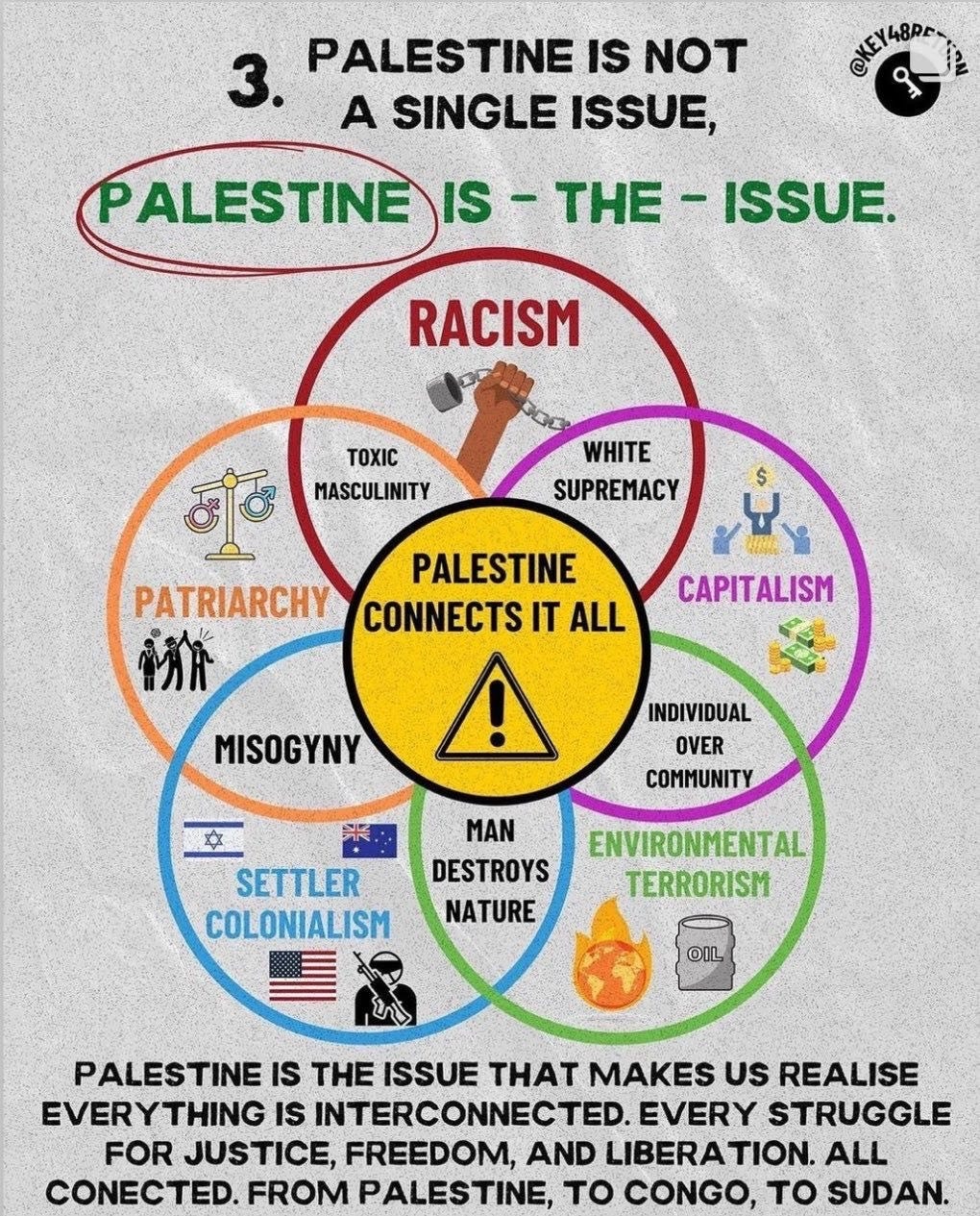Australia/Israel Review
Deconstruction Zone: The conspiracy trap
Jul 4, 2024 | Dave Rich

Anti-Jewish conspiracy myths have a unique ability to adapt and thrive in any environment, trapping the unaware in their flawed and fatal thinking. For people on the progressive left, this is especially the case when these ideas are presented via the language of anti-Israel campaigning. It is as if, like Harry Potter donning his invisibility cloak, the antisemitism that ought to be apparent magically disappears.
In this light, I have been thinking about an antisemitic image that TikTok’s algorithm, in its infinite wisdom, recommended to my teenage son a couple of years ago. The image comprises a series of antisemitic cartoon faces derived from the ‘Happy Merchant’ meme, each ascribing a different social ill, political process, or American institution to a malign Jewish hand.
It’s a list of everything an American neo-Nazi might abhor about modern society: mainstream media and culture, capitalism and the rule of law, pornography and prostitution, Israel and pluralist democracy. And the single thread that links all of these phenomena, according to this meme, is that the Jews are behind them all.
The reason this image came to mind is because of a different social media meme that made the same point from a radically different direction recently.
In this version, the list of phenomena to be hated and feared reflects the politics of the radical left rather than the extreme right: patriarchy, settler colonialism, environmental terrorism, racism and so on. But again, we are told that there is one single thing that connects them all, the locking nut that, if only it can be undone, would release freedom and justice for all: Palestine.

An anti-Israel far-left graphic insists liberating “Palestine” is the key to ending everything the far-left hates
In practical terms, this is obviously nonsense. There is no meaningful, concrete way in which Palestine connects toxic masculinity with the environment, or misogyny with capitalism. If Palestine really was to become free between the river and the sea, with Israel out of the picture, then judging by its likely rulers it would almost certainly be just another capitalist, patriarchal state. But that isn’t the point. This meme isn’t meant to be a serious analysis of the relationships between any of these things. It is just designed to sell a simple, and very old, idea: that the Jews stand between humanity and utopia.
Antisemitism has always been much more than a one-dimensional prejudice towards people who look, pray, eat and speak differently. Instead, it is an all-encompassing way of interpreting and explaining the world, a cosmic guide to uncovering the forces of evil that pollute humanity’s moral relationships. Antisemites often place Jews and their money at the heart of this corruption.
Not long ago, I retweeted a fascinating thread by Dr Robin Douglas, a historian of religions, exploring the philosophical tradition within which this meme sits. British pro-Palestinian activist Ben Jamal took umbrage at my retweet, describing it as “the wilful misuse of accusations of antisemitism.”
Jamal’s argument is that it is not antisemitic to address “links between systems of oppression.” And up to a point, he might be right: it isn’t antisemitic to address those links, unless your way of explaining these supposed links is to point a finger at the Jews. And this doesn’t change if your answer, instead of “the Jews”, is “Israel” or “Zionism”, because while the wording might differ, the underlying way of thinking is the same. There is no serious, meaningful way in which Israel is to blame for global patriarchy or for oppression in Congo, any more than Jews are to blame for pornography or the cancer industry. It only makes sense if all of these deplorable things trace back to a single, common cause; which is where all those antisemitic conspiracy myths do their work.
The meme that went viral in pro-Palestinian social media networks may not have included anything as grossly antisemitic as the Happy Merchant image to signal its anti-Jewish message, but that doesn’t change the fact that its meaning and message are the same. People on the left who consider themselves anti-racist nonetheless get sucked into antisemitic ways of thinking, as long as they are cloaked in the language of progressive politics and social justice.
Dr Dave Rich is Director of Policy at the UK’s Community Security Trust and author of Everyday Hate: How Antisemitism Is Built Into Our World And How You Can Change It (Biteback Publishing, May 2023). Reprinted from Everyday Hate, his substack blog. © Dave Rich, reprinted by permission, all rights reserved.
Tags: Anti-Zionism, Antisemitism, Israel, Palestine






